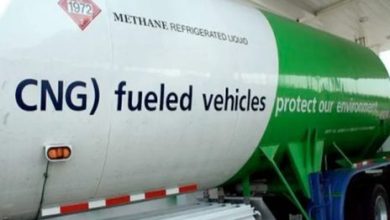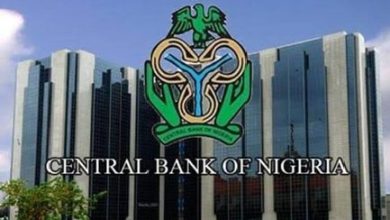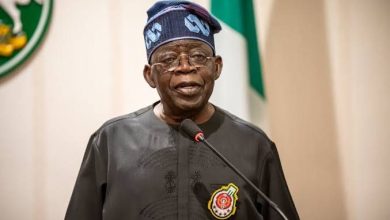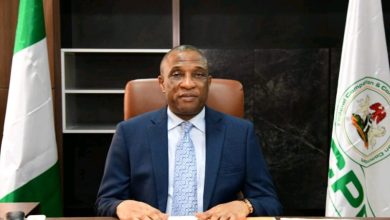Motorists in Distress as CNG Fuel Scarcity Hits Lagos, Abuja, Other Cities
CNG scarcity worsens in Nigeria as motorists queue for hours amid erratic pricing and limited stations.
Drivers say hardship is rising despite promises, with many now reconsidering a return to petrol.
Nigeria’s Compressed Natural Gas (CNG) revolution is facing mounting pressure as long queues and fuel shortages frustrate thousands of motorists across major cities. From Lagos to Abuja, commercial transport drivers are primarily lamenting hours-long waits and erratic pricing at refueling stations, nearly two years after the federal government’s push to adopt CNG as an alternative to petrol.
Many of these motorists, who had converted their vehicles following the removal of petrol subsidies in 2023, now say the hardship at CNG stations is worse than what they experienced during the peak of petrol scarcity. With a rapidly expanding CNG vehicle base and inadequate infrastructure, refueling has become a daily struggle.
At the NNPCL Wuse Zone 1 CNG station in Abuja, taxi driver Basil Okafor painted a grim picture of the situation. “Sometimes, we sleep in our cars overnight just to buy gas. The stress is no longer worth it,” he said. According to him, drivers face exhaustion, reduced earnings, and widespread extortion at dispensing stations, where attendants allegedly demand bribes to prioritize specific customers.
The story is the same in Lagos, where motorists at Ikeja’s Mobil CNG station reported inconsistent pricing, ranging from ₦230 to ₦499 per standard cubic meter, with no precise regulation in place. Commercial drivers, in particular, are beginning to question the viability of continuing with CNG, warning that they may revert to petrol due to operational setbacks and losses.
Speaking on the unfolding crisis, Michael Oluwagbemi, Chief Executive of the Presidential Compressed Natural Gas Initiative (PCNGI), acknowledged the severity of the situation. He attributed the scarcity to an unexpected surge in demand as more Nigerians shifted to CNG-powered vehicles.
According to him, Nigeria has witnessed a rapid rise in CNG adoption, growing from 4,000 vehicles in 2024 to over 50,000 in mid-2025. That figure could double to 100,000 by December, Oluwagbemi added. However, he admitted that the rollout of infrastructure has not kept pace with this growth.
“Unfortunately, the pace of CNG infrastructure growth is not at par with the adoption rate,” he said while noting that 175 new CNG stations are currently under construction or in advanced stages of completion across the country.
He called for patience, stressing that decades of reliance on petrol and diesel cannot be reversed overnight. “It took 70 years to get addicted to petrol and diesel. It will take more than seven months to be weaned off that addiction,” Oluwagbemi stated.
Despite these assurances, motorists are calling on the federal government to move beyond promises and accelerate the deployment of refilling stations, regulate pricing, and eliminate bottlenecks caused by corruption and inefficiency at the stations.
Many Nigerians had embraced the CNG transition in good faith, hoping to benefit from lower fuel costs and environmental advantages. However, the ongoing crisis is eroding public trust in the initiative and raising concerns about its long-term sustainability.
Unless immediate interventions are implemented, including the faster commissioning of CNG outlets, transparent pricing mechanisms, and improved distribution logistics, the country risks stalling the progress made so far in its clean energy transition.



